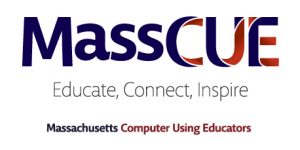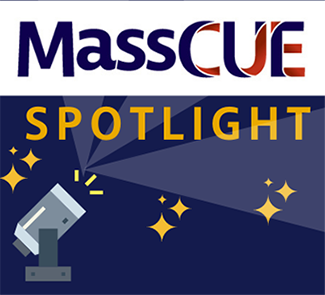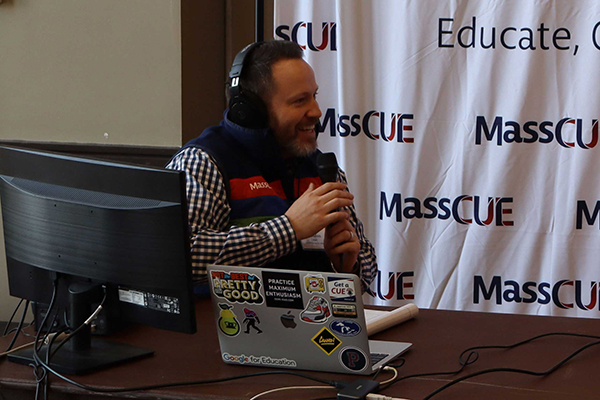MassCUE Roundtable Discussion Focuses on AI in Education
Artificial Intelligence (AI) promises to impact teaching and learning dramatically in the coming years. For educators who have a passion for technology in education, these new tools hold a lot of promise, but also some pitfalls. A group of MassCUE members got together for a roundtable discussion on the topic in December. Below are some of the highlights of that conversation.
Tools:
Primarily our discussion was around ChatGPT and Canva Magic Write. There are other tools emerging in the landscape, but these are the two most have tried using. We learned that there are detection tools also being developed so that writing samples can be tested to see if they were generated by AI. The tools we discussed are Hugging Face and Draftback.
Potential:
While there are many reasons to proceed with caution, there is the potential for positive ways to use AI tools in education. Generating outlines, vocabulary lists, ELL support, syntax/phrasing support for special needs students and more were discussed. Also, from the teacher side AI can be used to generate sample stories, poems and other class materials.
The emergence of these tools is also a great nudge for us as educators to rethink what skills we want our students to develop. If AI can generate writing, how can we redesign our assignments so that our students are doing meaningful work that requires higher level thinking than an AI can produce. Educators have always responded to new technology to improve methods. This is philosophically no different than making the switch from slates to paper.
Pitfalls:
There are many questions out there about the potential for student cheating and for us to lose our humanity a bit when using AI to write things that really need to be personalized. One example of this is composing emails.
Two big concerns are student data privacy and embedded bias. These tools are not intended for use in education, even though we know that savvy students will find a way to use them. As educators, we need to understand these weaknesses in order to prepare our students for how to use them as educated consumers – now and in the future.
Moving Forward:
We would like to continue these conversations with our MassCUE community to support each other as we learn and experiment. We are open to exploring different formats. Take our survey to help design future professional development programs on this topic.
There may need to be an adjustment to the DLCS standards to include AI instruction in earlier grades. Students need the opportunity to create AI models to understand how they work. There are tools out there for this.
This technology is not going away, so banning it is most likely not the best solution for our students. Education in how it works and the ethics around using it can be taught and practiced in a school environment.
Watch the MassCUE website, newsletter and social media for more on this important topic moving forward!
 Print this post
Print this post




